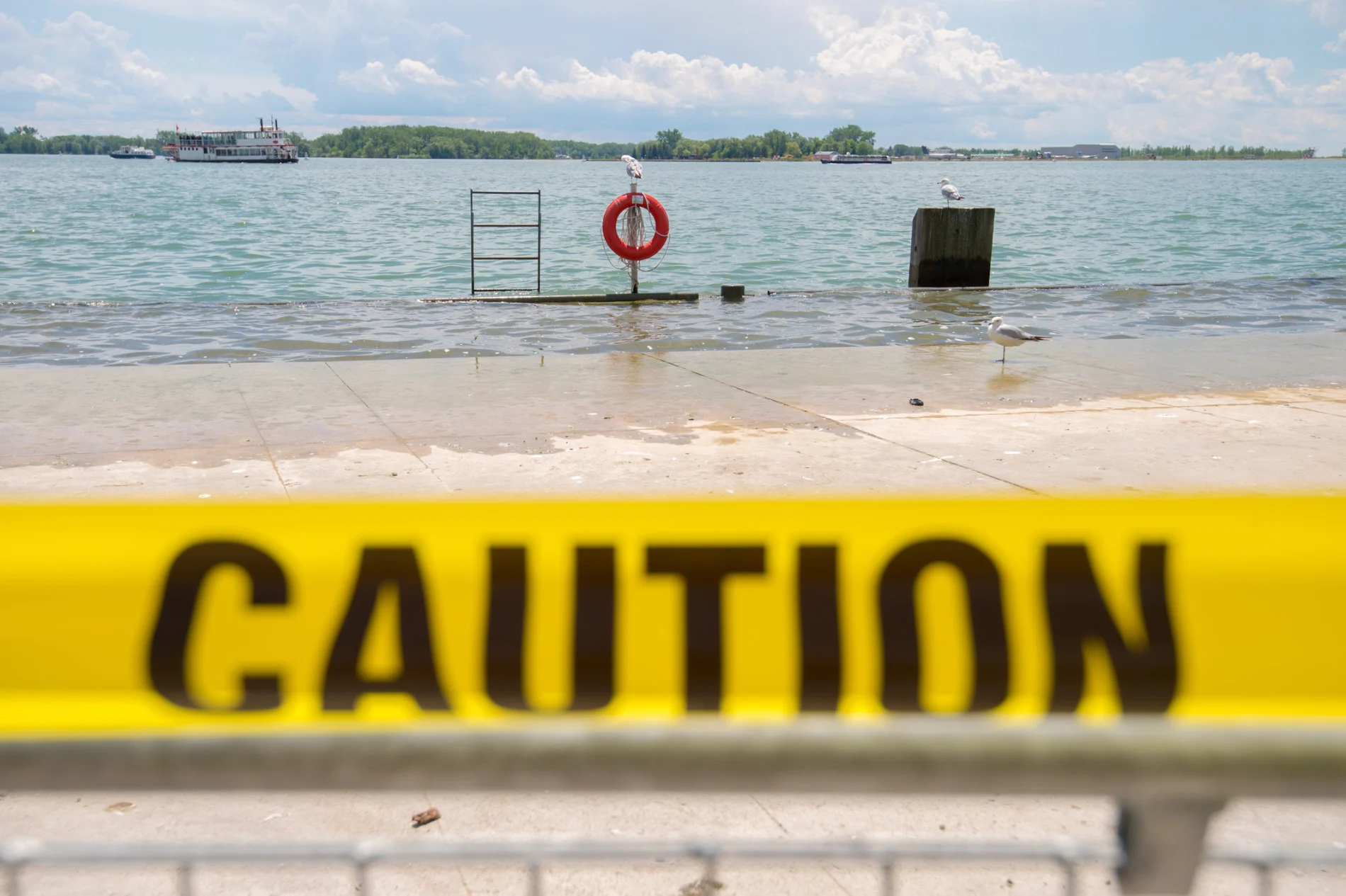
Canada announces over $1.3 billion for infrastructure amid climate change
The Canadian federal government has announced new funding for infrastructure projects across the country as the weather changes with rising atmospheric temperatures.
The Government of Canada has announced a new investment in the Disaster Mitigation and Adaptation Fund (DMAF), which will help infrastructure mitigate and adapt to the impacts from climate change.
Communities across the country can submit a project to the government that will help increase resilience to the socio-economic, cultural, and environmental impacts from extreme weather events and natural hazards. Both the present-day impacts and those anticipated in the future, such as increasingly severe heat waves, will be addressed by the submissions.
The DMAF, which was first launched in 2018, will receive an additional $1.375 billion in 2021 and some of the projects that will be supported include wildfire mitigation such as controlled burns, rehabilitating storm water systems, and restoring wetlands and shorelines.

"Caution" yellow tape in front of the flooded lakeshore in Toronto. (Marc Bruxelle. iStock / Getty Images Plus)
Small-scale projects will receive between $1–20 million in total eligible costs while large-scale projects could receive above $20 million. A minimum of $138 million of the total funding will be dedicated to Indigenous communities.
Abnormally destructive extreme weather events have raised concerns about how present-day infrastructure will fare in future climate scenarios.
In an interview with The Weather Network, Catherine McKenna, Minister of Infrastructure and Communities, cited the recent wildfires in Western Canada as an example of climate change’s impacts on infrastructure.
“[In] Lytton, B.C., basically the town burned down in a matter of minutes and the infrastructure there was incinerated,” said McKenna.
“And that meant the hydropoles, the electricity system, the wastewater system, all infrastructure, are gone, destroyed, and have to all be rebuilt. And this is really the impact of climate change that we’re seeing.”
Scientists confirm that the fatal heat in B.C. was far from normal — a study published by an international team of leading climate scientists reports that climate change made the heat wave at least 150 times more likely and that the heat wave was virtually impossible without climate change.
To date the DMAF has used over $1.9 billion to fund 69 large-scale infrastructure projects to protect communities from natural hazards such as floods, wildfires, earthquakes, and droughts.
“The Government of Canada is committed to getting funding to communities when they need it the most in a way that achieves triple benefits: grow our economy and create jobs; tackle climate change; and build a more resilient and inclusive country for all Canadians,” the announcement states.
Thumbnail credit: Cavan Images. Cavan. Getty Images












